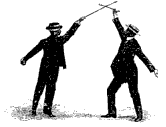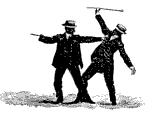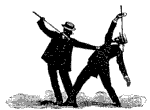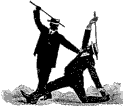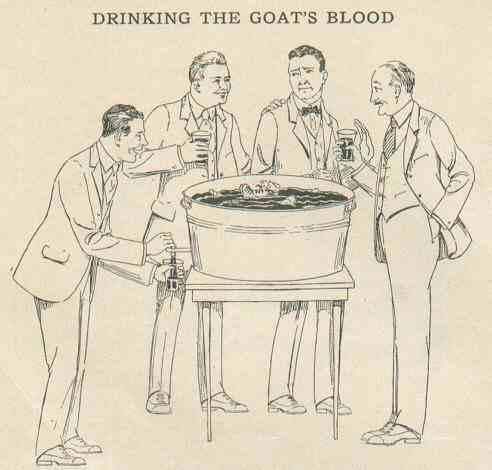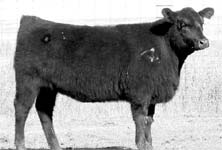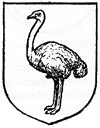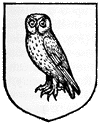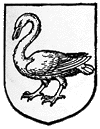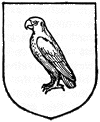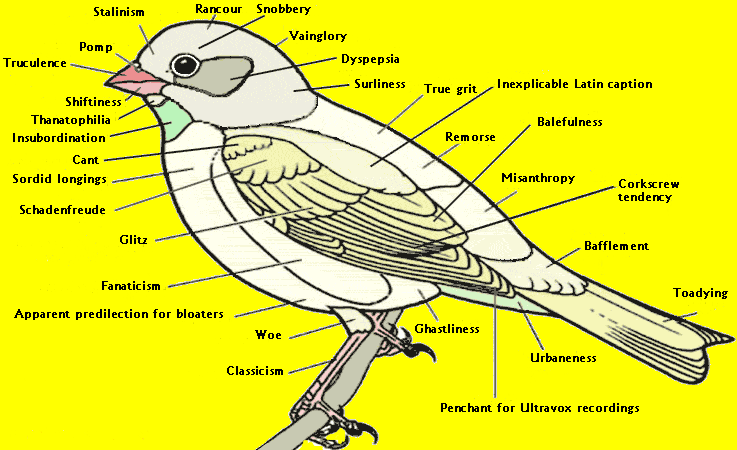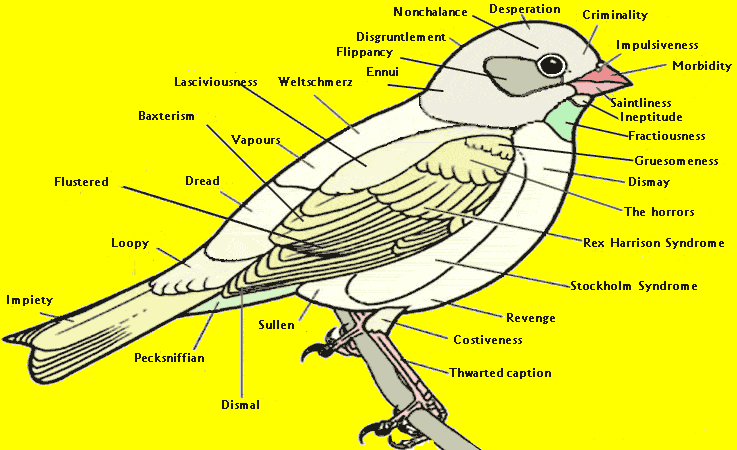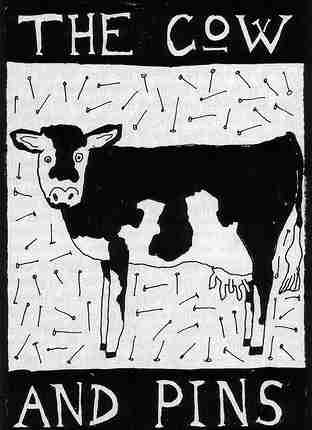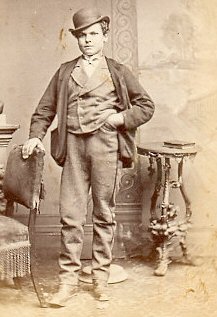His frostbitten limbs. Sappho in the doldrums. Bad gas and forts. If these phrases do not stir you, you are clearly not a devotee of Urbane Geistige Geist, who was born one hundred years ago today. If, on the other hand, your brain lit up like a beacon on reading those words, you will be one of that little band who rightly acknowledge Geist as a key figure in twentieth century popular music.
‘Popular’ is perhaps not the most appropriate word. Although he worked within such fields as jazz, folk, rock, hootcha, pop, and swing, Geist's music never won mass acceptance. He was only ever a cult figure, but it is to be hoped that, with the celebration of his centenary, the ears of the world can be opened to his extraordinary accomplishment. Who would have thought that an obscure cadet in the Bolivian army would become - in the words of one perceptive commentator - a cross between Yoko Ono, Xavier Cugat, and Mark E Smith?
We need not dwell here on Geist's military career, except to note that he learned to play his first instrument - the glockenspiel - when he came under the wing of the legendary Bolivian army glockenspiel instructor, Captain Enrique Finisterre Belbacqau, a man of whom it has been said that if he did not exist, the staff of the Bolivian Army Glockenspiel Training School would have had to invent him. (One body of opinion attests that that is precisely what they did, creating a fictional character not unlike the supposed agent George Kaplan in Hitchcock's North By Northwest, for whom the Cary Grant character Roger Thornhill is mistaken. This theory has never satisfactorily answered the obvious question: if Belbacqua did not exist, who exactly did teach Geist his formidable glockenspiel technique?)
After being thrown out of the Bolivian army because of his flawed cadetship and shape-shifting, Geist hitch-hiked to Paraguay, where he soon fell in with a criminal gang who, when they weren't cutting throats and pushing widows into the paths of oncoming trains, toted their piccolos and banjos around the market squares of provincial towns, playing an infectious combination of bluegrass and light opera. This raggle-taggle peasant band became, improbably enough, the first incarnation of The Crooked Timber Of Humanity.
There has been much speculation regarding Geist's lifelong insistence that the groups he led, no matter how often he changed personnel, must always go by the same appellation, sometimes as just The Crooked Timber Of Humanity, and sometimes as Bolivian Army Cadet Urbane Geistige Geist And The Crooked Timber Of Humanity. He took the name from Immanuel Kant's observation that “out of the crooked timber of humanity, no straight thing was ever made”, and it is tempting to see this as a less than subtle comment on that very first line-up of evil-hearted robbers and violent thugs. (Incidentally, Dobson wrote an out of print pamphlet entitled Nomenclature of Paraguayan Bandit Musicians & Soviet Collective Farm Administrators Compared, in which he proposed that Geist arrived at the name during a tarot reading. This is piffle.)
Sadly, no recording exists of that very first group. By the time the LP Pelf And Cant was released, with its magnificent trumpet-driven melodies, all but one of the original band were either dead, imprisoned, or hiding in the hills. Geist was supremely unconcerned at the almost total loss of his group, demonstrating for the first time the ruthlessness which was to make him so feared. As Dave Pod puts it in his Oral History Of The Crooked Timber Of Humanity, “You could always tell when someone had done their time with Geist's band. Their hair was prematurely white, most of their teeth had fallen out, and they walked, if they were able to walk at all, on spavined legs. They trembled uncontrollably, burst into tears every five minutes, and were unable to achieve closure on their issues despite extensive, and expensive, therapy”. Pod's own band became a sort of rest home for ejected Crooked Timber, though artistically he is not fit to lick Geist's boots. Nonetheless, one should not overlook the fact that by throwing in their lot with Pod, the wrecked survivors of The Crooked Timber Of Humanity were given a chance to play at the Eurovision Song Contest, something that was unlikely to happen under Geist's iron rule. (He did, notoriously, attempt to enter the competition when he kidnapped Kathy Kirby, but an international police operation foiled his reprehensible, if entertaining, scheme. Many of us would have given our eye teeth to witness that superb twenty-six strong line-up of the band, all accordions, trombones and pounding drums, backing the British songstress in the specially-written song Black Rubber Beelzebub.)
His Frostbitten Limbs. Sappho In The Doldrums. Bad Gas And Forts. This was the trio of LPs that, for many of us, cemented Geist's reputation. Released within the space of a single month, containing between them no fewer than one hundred songs, shanties and pop-madrigals, they still stand as one of the commanding achievements of twentieth century music in any genre, vibrant, vivacious, vivid and even, at times, deceptively cloth-eared. The story of those fractious recording sessions has been told many times, notably in the memoir by lutenist Julian Beam, one of the few band members who managed to remain in favour with Geist and appear on all three LPs, although his contribution to Bad Gas And Forts consists of a single string-pluck in the middle eight of The Gregory Peck Protein Imbalance Song. By the time The Crooked Timber Of Humanity appeared on the television show Pop Fabulousness! to promote its release as a single, Beam had been “consigned to the outer darkness” as Geist always put it, and was hawking his lute-playing skills at a variety of seaside resorts in exchange for the price of a cake or bun for his dinner. By the time he came to write his book, his arm was withered, his prematurely white hair was infested with beetles, and he had all the telltale signs of an ex-Geistist.
When we recorded the songs on side one of His Frostbitten Limbs, wrote Beam, Geist had devised some new ideas. He made us sleep in tents on the sloping roof of the studio, wear bells on lanyards around our necks, and force fed us a grey, tasteless paste of his own recipe. Every member of the band ballooned in weight and the constant clanging of those bells sorely tried the engineer, who had to erase their clamour from the tapes. The tents could not be properly secured to the concrete roof, and there were violent gales throughout the month, so we got little sleep. Only the hammer and tongs players, all six of them, were exempt from this regime. They were put up in a luxury hotel and taken to exciting sporting events during breaks. Geist himself spent most of the sessions smoking his pipe and making lascivious phone calls to a floozie.
Elsewhere, Beam declared that no recording session had given him such great joy, and he continued to idolise Geist for the remainder of his life, until the day his pitiful wasted body collapsed in a heap in a post office near the Blister Lane Bypass, and he was pronounced dead. Reportedly, his dying words were “Urbane Geistige Geist is a profound and matchless genius and everyone should devote their lives to his work, as I have been honoured to do, despite the feeble and broken carcass you see expiring before your eyes on this post office floor near the Blister Lane Bypa…..”
Geist himself was to die within a week. He had recorded over one hundred and twenty LPs, played concerts in almost every country on earth, won the esteem of a dedicated troop of followers, and been appointed as a Chevalier de Leo Sayer in perpetuity. Countless times it had been foretold* that he would meet his end at the hands of a vengeful, dismissed member of The Crooked Timber Of Humanity. Fingers were pointed, even while the bandleader was still alive, at bassoonist Ned Nightshade, the man who had played such a wonderful solo on a reworking of The Snapping Turtles Of Old Cadiz, yet whose heart had shrivelled and rotted when Geist sent him packing. Suspicions were raised, too, about Hetty and Ingmar, the Norwegian teenagers who sang on over a dozen LPs but were sacked from the band when Geist got himself into a flap about something or other.
In the event, the maestro was not murdered. One damp Sunday he was wheeling a barrow of nettles over bracken, whistling the showstopper from his stage musical version of Foxe's Book of Martyrs, when a bee landed on his hat. Geist had always worn bee-proof hats until this fateful day, when a mix-up at the dry-cleaners' found him for once in his life unprotected from bees. In a panic, he stopped whistling and flew into convulsions. His head flushed purple, he gasped for breath, and his tongue became puffy. He did not remove his hat, the fool. He became snagged in the bracken, miles from civilisation, and by the time the bee flew back to its hive, Geist had become hopelessly entangled. Unable to free himself, he lay on his back, staring at the sky, and sang Roll Along Covered Wagon, over and over again, until his last breath.
Roll along covered wagon, roll along, to the turn of your wheels I sing a song, city ladies may be fine, but give me that girl of mine, roll along covered wagon, roll along. Going home covered wagon going home, for this cowboy was never born to roam, 'long the road that doesn't change, to that old bar twenty range, roll along covered wagon, roll along. Yipee-teeyi, old timers, heading for your ranch house door, yipee-teeyi, old timers, coral me so I'll never stray no more. Roll along covered wagon, roll along. Come along old pal, let's get going. Roll along.
DETOURS : The Invisible Library … Judaeo-Christian Tattoos … Early Patent Illustrations






